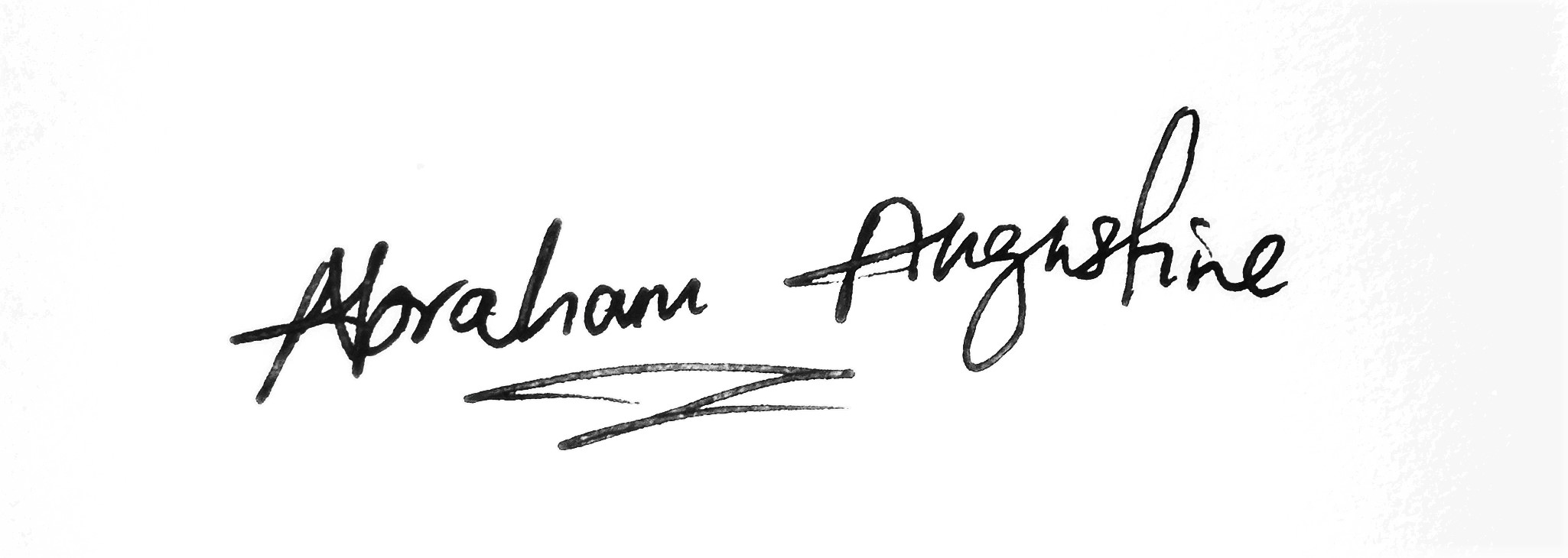
On the Next Wave this week, we take a look at the CBN’s recent “financial inclusion” potshots and explain how the new domestic card scheme is the clearest pointer to what Nigeria’s economic managers hope will be the country’s trajectory.
ICYMI: Nigeria has joined China, Russia, Iran, India, and Turkey by launching a domestic card scheme. Our central bank governor says the card scheme—AfriGo—will cater to local peculiarities that the existing card products have failed to cater to. “Local peculiarities” is a euphemism for the central bank’s mismanagement of forex.
What this means is that in addition to being issued Visa, Mastercard, and Nigerian-born Verve debit cards, Nigerian cardholders can now ask their banks for AfriGo debit cards. It will be Africa’s first central bank-driven, domestic card scheme. Besides reducing banks’ demand for forex, the payment scheme should help enforce data sovereignty; enable locally relevant products; and make card payments more affordable for Nigerians. Taken at face value, AfriGo will increase the competition between card networks, which is supposedly a good thing.
“I won’t say there is a disadvantage to this, but implementation and how they drive the adoption of this scheme is something that needs to be done carefully for it to succeed,” said Omoniyi Kolade, CEO and Founder of SeerBit, an online payments firm in Lagos.
In 2020, mobile transactions accounted for 78% of instant payments made through Nigeria’s Inter-Bank Settlement System (NIBSS)—this without mobile money in the mix. Rather than double down on supporting mobile payments to reach scale, the central bank has chosen to add another front in its fight for “financial inclusion”.
We’ve heard this story before. And while every odd policy you read in the news from Nigeria’s central bank is supposed to enhance financial inclusion, Nigeria’s AfriGo card scheme is yet another manifestation of how Nigeria’s central bank is involved in the Nigerian payments space as a Regulator, Operator, and Catalyst and may perhaps reveal who Emefiele is taking lessons from.
Saving dollars
The main appeal of AfriGo lies in its promise to reduce the fees banks have to pay (in USD) to international card associations like Mastercard and Visa. Card association fees are usually charged as a percentage of volume or as a flat fee per transaction. Some apply to all transactions, while others apply to specific situations. The fees may be bothersome to pay, and I’m sure any self-respecting bank CEO would rather not pay these fees. But they are relatively inexpensive—compared to the profit banks net from facilitating card payments.
Here’s a table of some of the most common fees charged by Visa and Mastercard.
Visa fees
| Fee type | Fee cost |
|---|---|
| Credit Assessment | 0.14% of credit card volume and $0.0195 per transaction. |
| Debit Assessment | 0.13% of debit card volume and $0.0155 per transaction. |
| International Service Assessment (ISA) | 0.80% international surcharge on transactions you accept in USD from outside the US. |
| International Service Assessment (ISA) – Non-US currency | 1.40% international surcharge for any transactions settled in another currency. |
| Transaction Integrity Fee (TIF) | $0.10 per transaction when a settled debit card doesn’t meet CPS requirements. |
| Misuse of Authorisation Fee | $0.09/transaction on all authorized transactions that are not followed by a matching cleared transaction. |
| Fixed Acquirer Network Fee (FANF) | A flat fee based on volume per month. |
Mastercard fees
| Fee type | Fee cost |
|---|---|
| Credit/Debit Assessment for sales under $1,000 | 0.1275% of card volume and $0.0195/transaction. |
| Credit/Debit Assessment for sales over $1,000 | 0.1475% of card volume and $0.0195 per transaction. |
| Digital Enablement Fee | 0.01% owed on all card-not-present transactions for consumer credit cards, commercial credit cards and signature debit cards. |
| Cross Border Assessment Fee (Domestic) | 0.60% international surcharge on transactions you accept in USD from outside the US. |
| Cross Border Assessment Fee (Non-USD) | 1.00% international surcharge for any transactions settled in another currency. |
| AVS Fee (Card-Not-Present) | $0.01 per transaction for using Address Verification Services (AVS) in a Card-Not-Present environment. |
| AVS Fee (Card-Present) | $0.005 per transaction for using Address Verification Services in a Card-Present environment. |
| Merchant Location Fee | $15 annually for each location, billed monthly at $1.25 per month. This fee does not apply to merchants processing under $200 per month, nor to charitable or religious organizations. |
Domestic card schemes are only appealing in Nigeria because forex is scarce and the central bank (responsible for managing foreign reserves) is furiously casting about for a solution—even though, so far, it has only resorted to slapping band-aids on minor forex leaks while ignoring the major holes that drain Nigeria’s forex.
Financial inclusion is often the raison d’être, the justification, thesis and aspiration for any suitable raft of financial sector programs from financial regulators, especially in emerging markets. While it is easy to demonstrate that a domestic card payment association will save banks some money, it is not easy to predict how, or whether it might reduce transaction costs for cardholders and the CBN has not offered any explanations.
Alternatively, banks may find customer cost-saving proposals (from central banks) like zero-transaction fees unattractive, since they won’t make any money from the service. According to an IIT-Bombay study, this is precisely the situation in India, where despite mandates, card-issuing banks prefer to give their customers Visa and Mastercard debit or credit cards.
A student of India?
One of the national inspirations for AfriGo, the central bank of Nigeria claims is India. India’s card scheme RuPay was established in 2012. By 2014, the Indian government had prescribed the issuance of RuPay cards to every new account holder. Consistent government efforts through banks and special offers have supported the card scheme to depose Visa and Mastercard as the most issued cards in India.
In the wake of India’s 2016 demonetisation (the same thing Emefiele’s central bank is “piloting”) RuPay card issuance soared and the government pushed for the banks to make the cards the default issue. The Indian government directed all public sector banks (PSUs) to issue only RuPay cards to their customers, introduced cashbacks, a flat fee for issuers and acquiring banks, and got the banks to agree to a zero merchant discount rate (MDR).
Once, during a meeting with India’s banking association in 2020, India’s finance minister, Nirmala Sitharaman told bankers, “RuPay card will have to be the only card you promote. Whoever needs a card, RuPay will be the only card you would promote and I would not think it is necessary today in India, when RuPay is becoming global, for Indians to be given any other card first than RuPay itself.”
Eventually, in 2021, the Reserve Bank of India indefinitely barred Mastercard, American Express and Diners Club from issuing new debit, credit or prepaid cards to customers over noncompliance with local data storage rules. Last year, it lifted the ban on Visa and Mastercard, American Express and Diners Club are still barred from issuing new cards but can continue to serve their existing customers.
Like the Reserve Bank of India (RBI), data sovereignty is a huge part of why the central bank of Nigeria (CBN) wants AfriGo. Like the RBI, will the CBN force a temporary ban in favour of AfriGo?
After all, Nigeria is in the final throes of a badly executed demonetisation campaign à la India 2016. What’s to stop the central bank from following through and shaking up the market for card payments in Nigeria a bit?
From cash withdrawal bans, a currency redesign and the associated chaos of demonetisation, Nigeria is clearly taking lessons from India and there’s still some time left before a new government comes into power.
We’d love to hear from you
Psst! Down here!
Thanks for reading The Next Wave. Subscribe here for free to get fresh perspectives on the progress of digital innovation in Africa every Sunday.
Please share today’s edition with your network on WhatsApp, Telegram and other platforms, and feel free to send a reply to let us know if you enjoyed this essay
Subscribe to our TC Daily newsletter to receive all the technology and business stories you need each weekday at 7 AM (WAT).
Follow TechCabal on Twitter, Instagram, Facebook, and LinkedIn to stay engaged in our real-time conversations on tech and innovation in Africa.

Abraham Augustine,
Senior Writer, TechCabal.

















